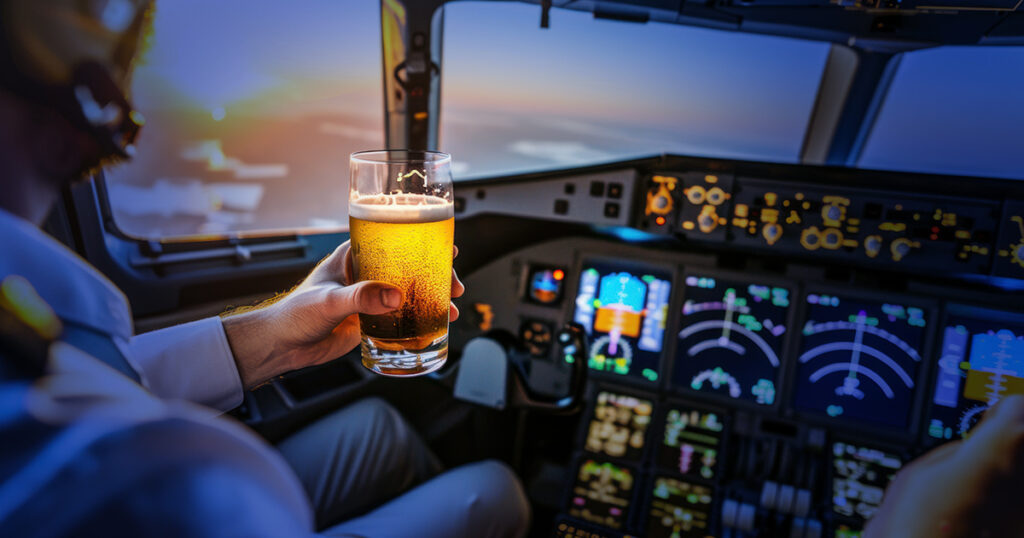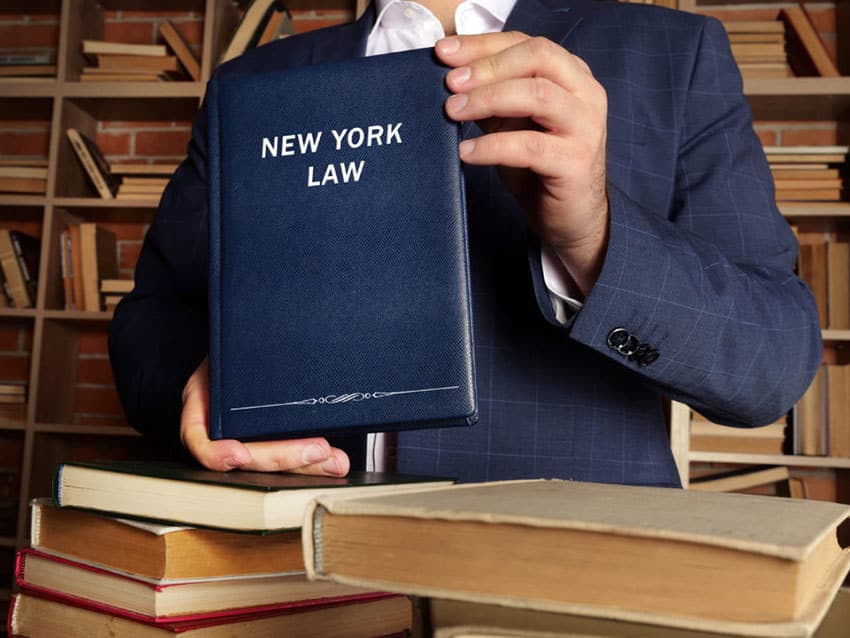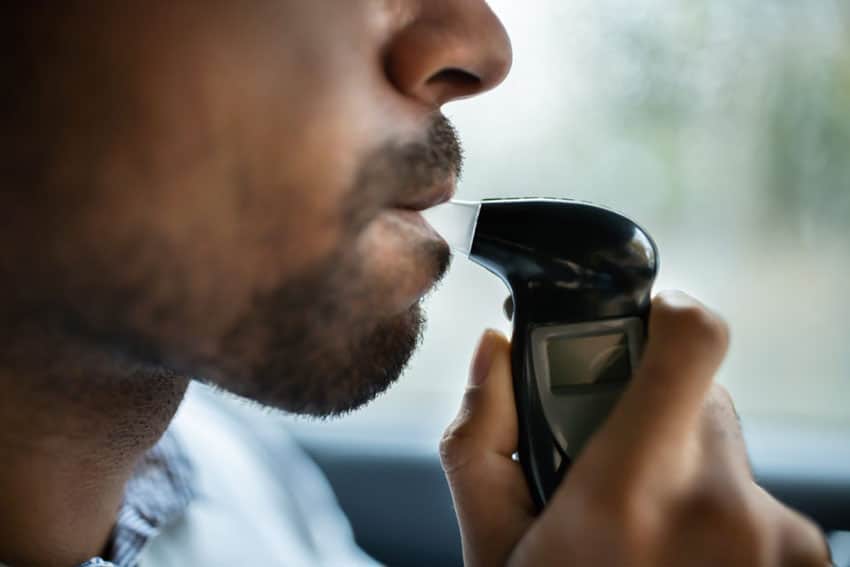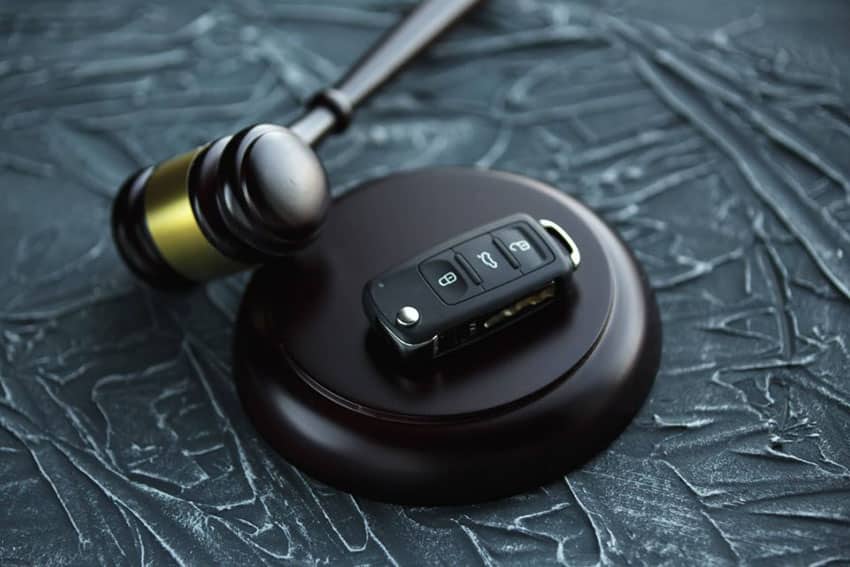Piloting an Aircraft Under the Influence
Piloting an aircraft under the influence of drugs or alcohol is an illegal and very dangerous activity. Many of the laws that apply to driving under the influence also apply to flying under the influence (FUI). In addition to state and federal laws concerning alcohol consumption and flying, pilots also have to follow Federal Aviation Regulations, which are determined by the Federal Aviation Administration (FAA).
Alcohol is a depressant that affects the body’s central nervous system, impairing a person’s judgment, vision, balance, and coordination. Impairment of these abilities while piloting an aircraft increases the probability of an accident.
To identify possible FUI offenders, the FAA requires random alcohol testing to be performed on pilots. The FAA also requires alcohol testing for any pilots involved in accidents to verify whether alcohol was a contributing factor. Furthermore, pilots have to undergo background checks for past convictions, specifically for driving under the influence.
Recreational pilots do not operate a plane everyday, whereas in the United States, many people use their land vehicles on a daily basis. Naturally, this makes FUIs particularly dangerous as a result of their inexperience. Also, pilots work in an environment with decreased partial pressure of oxygen and at velocities that well exceed the capabilities of cars, boats, or any other mode of transportation.
Regardless of the type of aircraft being flown, whether it is commercial or private, any pilots under the influence of alcohol or drugs can be charged with an FUI. State, federal, and FAA regulations regarding this offense are very severe. For this reason, the FAA has drawn up explicit rules that regulate alcohol consumption by crew members of commercial and private aircrafts.
It is strictly prohibited for anyone to act as a crew member if he or she is under the influence of alcohol. The FAA states that it is illegal for crew members to consume alcohol within 8 hours prior to a flight and to have a blood alcohol content level of 0.04% or higher. Pilots or crewmembers who violate these rules face serious consequences, including fines, imprisonment, and the revocation of their pilot licenses.
It is also important to note that a drunk driving conviction can affect a pilot’s flying privileges. Pilots are required to report any previous DUI convictions to the FAA, as well as any penalties imposed upon them due to the conviction. A pilot’s flying license can be suspended, and aspiring pilots can be denied licenses if his or her driver’s license has been suspended two times in the past three years.
If you have been charged with a DWI in New York, click here to contact New York’s DWI-focused firm, DWI Team DWI Defense Attorneys, for a free case consultation today. Or call 1-866-792-7800 now.













